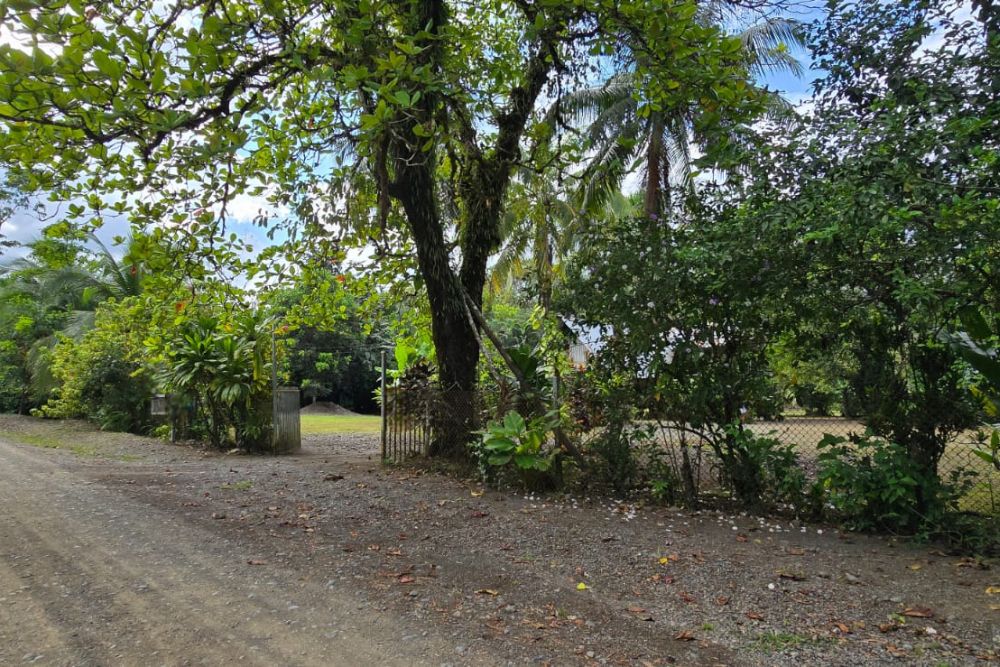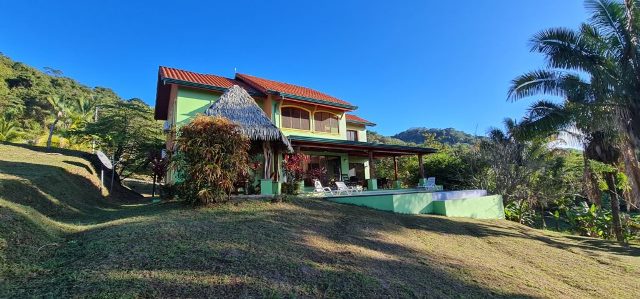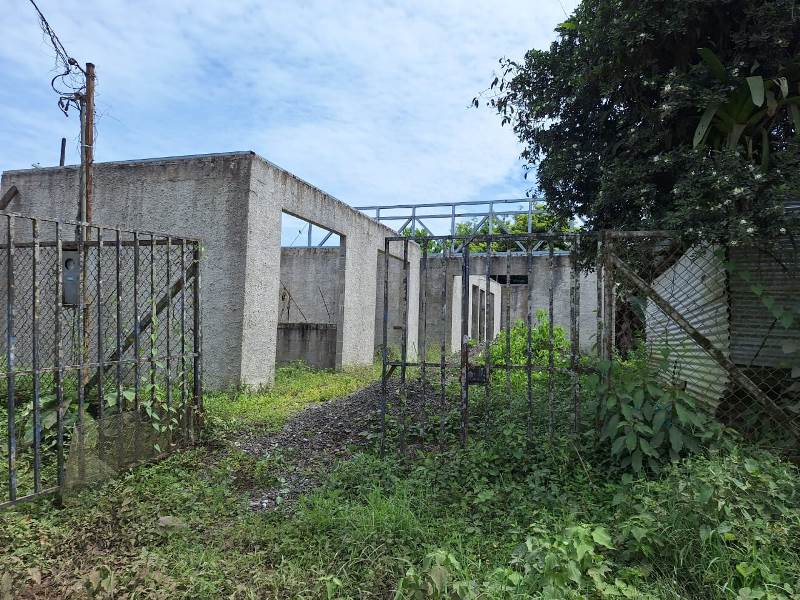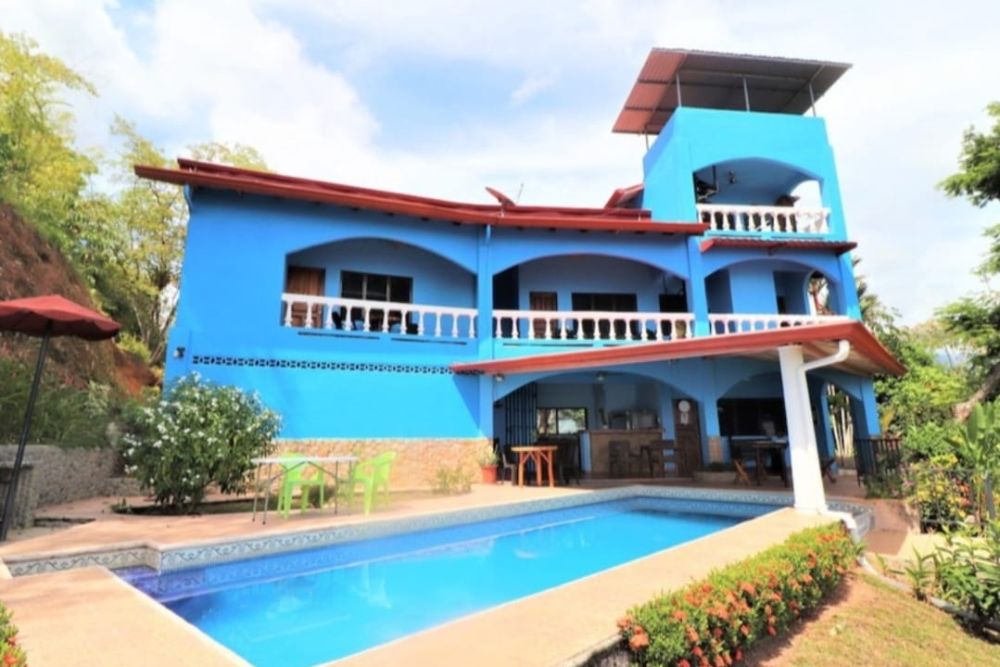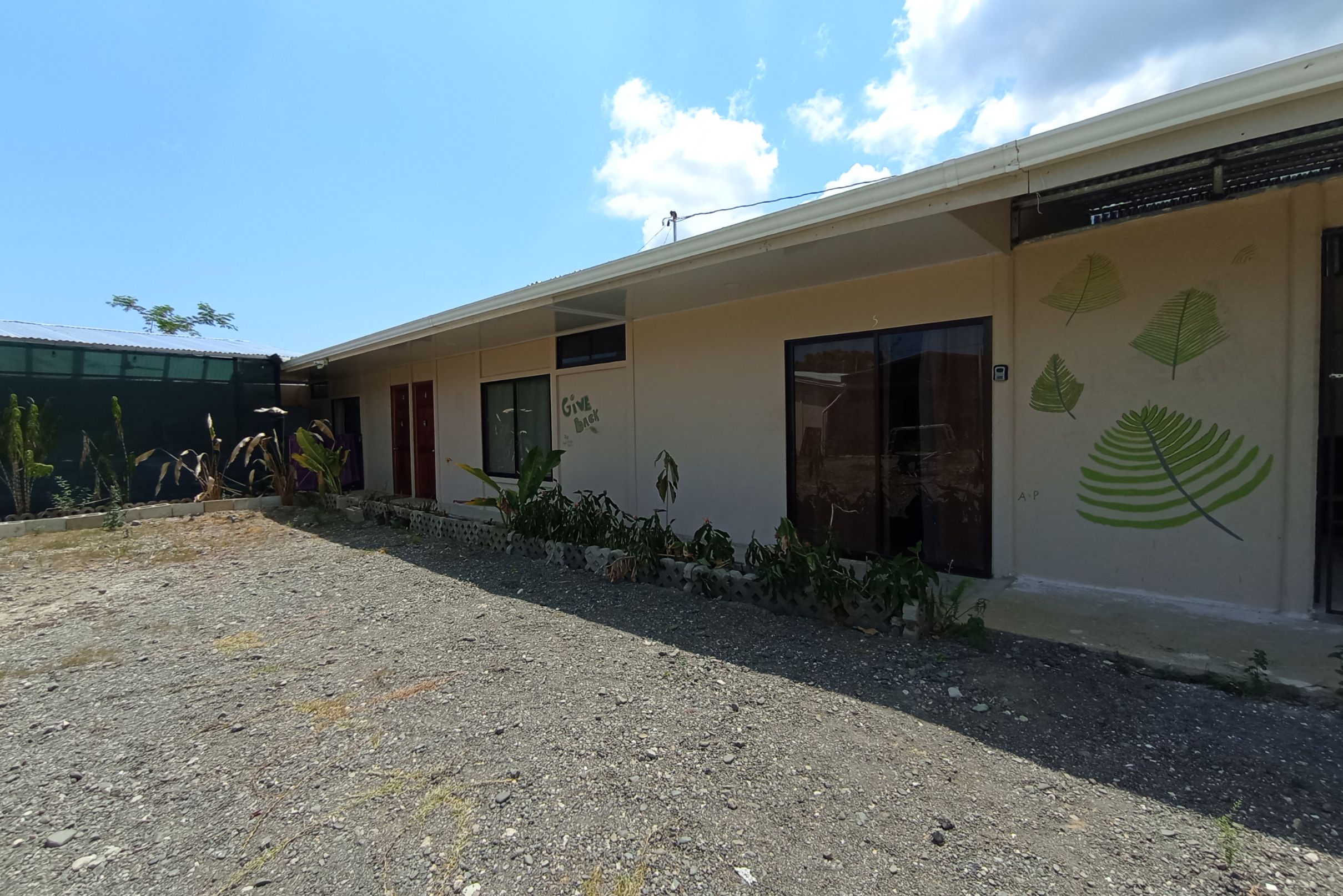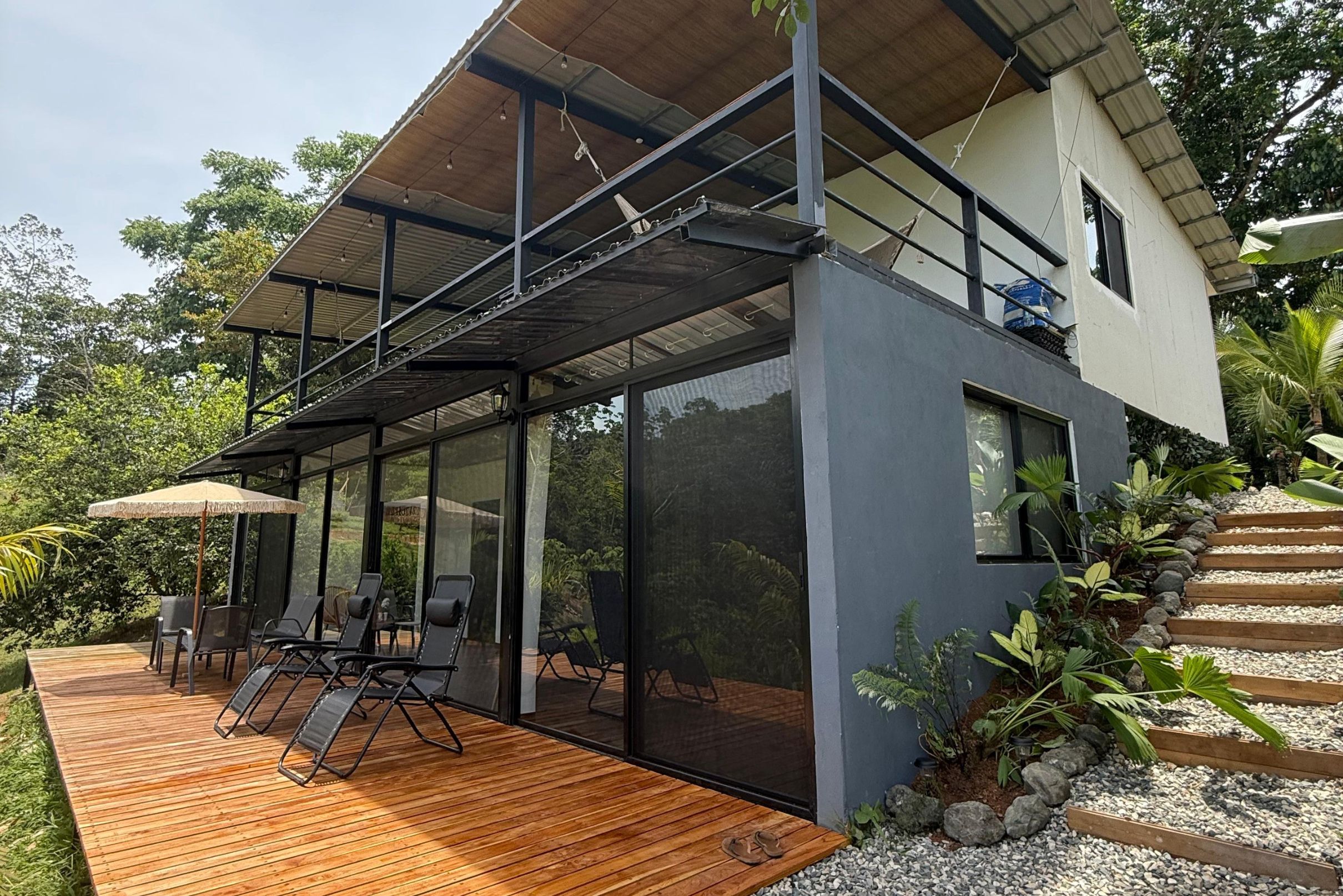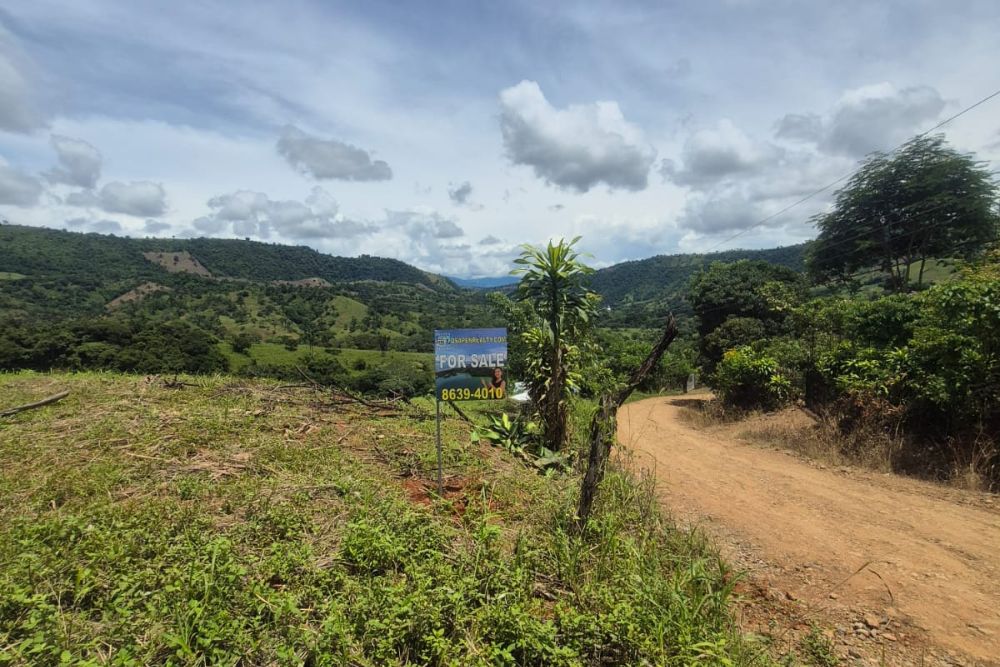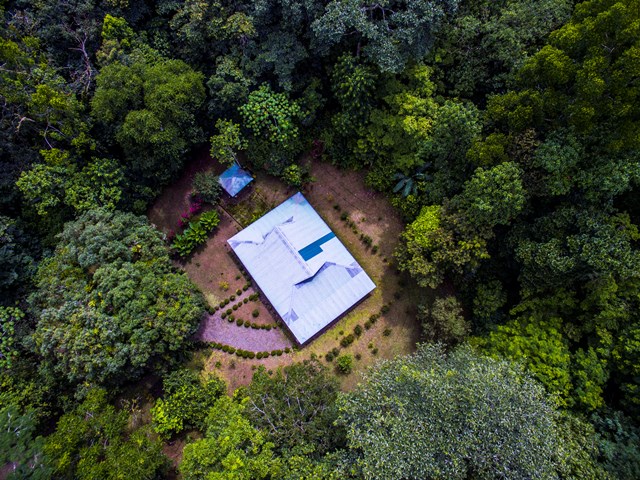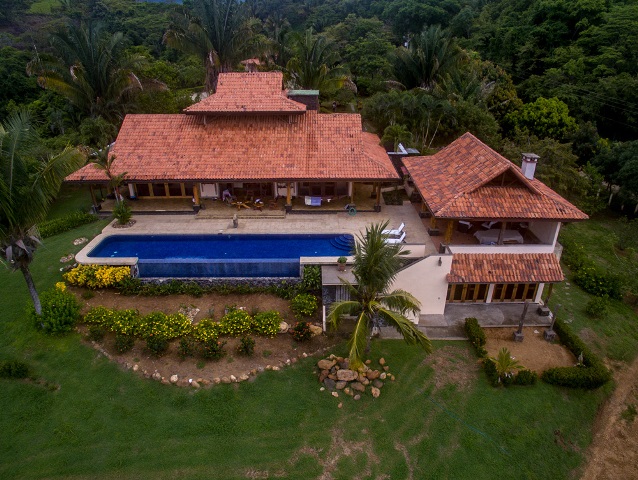Real Estate Agents and Regulation
Real Estate Agents and Regulation
Real Estate Agents and Regulation
There is no domestic regulation of real estate agents. Unlike in the United States and other industrialized societies, there is no licensure required to represent real estate. In practice, this means that this country has nearly as many real estate agents as it does inhabitants. While this is an obvious exaggeration, it will become quickly apparent, particularly in rural areas, that there are a large number of people that know about this or that property and are eager to show it to you and to put you in touch with the owner, which is commonly a brother-in-law or other relative.
Owing to the lack of real-estate licensure and domestic regulation, there are a lot of variations in terms of how these operators work. Some simply put the buyer with the owner and step back to collect a finder's fee. In other cases, agents may have a complete business architecture capable of carrying a deal through from start to finish.
At the same time, there are a large number of formal agencies that devote themselves to the business and may have dozens or more properties that they represent. In the case of Osa Pen Realty, we have over 100 listings and are affiliated with another national real estate company that has another 250 or so properties nationwide. There are relatively few listings (as a general rule) that are held exclusively by a particular real estate agent, and quite commonly, the same property may be listed by dozens of agents nationwide. In fact, quite commonly, a listing agent may not have personal knowledge of the property in question because of harvesting the information from another realtor with the idea that when he has an interest in that property, he will flesh out his own comprehension to be able to represent it effectively.
The groundswell of agencies, private operators, street hustlers, and real-estate cross-dressers from the sportfishing, tour-guiding, and hospitality industry, make it so that often a prospective buyer finds himself overwhelmed with rising energy levels among parties that strive to protect their financial interest. The truth is that there is no uniform policy on who and who not to share your interests with. The street hustler that puts you together with the owner of the property that you wind up buying ultimately may be of greater value in your satisfaction than consultations with agencies representing hundreds of properties in which you are not interested. That said, the law of averages clearly favors industry professionals, who will be able to provide you with greater information and infrastructure to assist in considering properties in which you have an interest.
Commission rates range from 1-3% finder's fees to 5-10% for established real estate brokers, typically depending on the size of the property and its state of development. Commissions are always paid by the seller; the buyer is not responsible for paying commissions UNLESS he or she has agreed to this in purchase negotiations.
There is no domestic regulation of real estate agents. Unlike in the United States and other industrialized societies, there is no licensure required to represent real estate. In practice, this means that this country has nearly as many real estate agents as it does inhabitants. While this is an obvious exaggeration, it will become quickly apparent, particularly in rural areas, that there are a large number of people that know about this or that property and are eager to show it to you and to put you in touch with the owner, which is commonly a brother-in-law or other relative.
Owing to the lack of real-estate licensure and domestic regulation, there are a lot of variations in terms of how these operators work. Some simply put the buyer with the owner and step back to collect a finder's fee. In other cases, agents may have a complete business architecture capable of carrying a deal through from start to finish.
At the same time, there are a large number of formal agencies that devote themselves to the business and may have dozens or more properties that they represent. In the case of Osa Pen Realty, we have over 100 listings and are affiliated with another national real estate company that has another 250 or so properties nationwide. There are relatively few listings (as a general rule) that are held exclusively by a particular real estate agent, and quite commonly, the same property may be listed by dozens of agents nationwide. In fact, quite commonly, a listing agent may not have personal knowledge of the property in question because of harvesting the information from another realtor with the idea that when he has an interest in that property, he will flesh out his own comprehension to be able to represent it effectively.
The groundswell of agencies, private operators, street hustlers, and real-estate cross-dressers from the sportfishing, tour-guiding, and hospitality industry, make it so that often a prospective buyer finds himself overwhelmed with rising energy levels among parties that strive to protect their financial interest. The truth is that there is no uniform policy on who and who not to share your interests with. The street hustler that puts you together with the owner of the property that you wind up buying ultimately may be of greater value in your satisfaction than consultations with agencies representing hundreds of properties in which you are not interested. That said, the law of averages clearly favors industry professionals, who will be able to provide you with greater information and infrastructure to assist in considering properties in which you have an interest.
Commission rates range from 1-3% finder's fees to 5-10% for established real estate brokers, typically depending on the size of the property and its state of development. Commissions are always paid by the seller; the buyer is not responsible for paying commissions UNLESS he or she has agreed to this in purchase negotiations.
There is no domestic regulation of real estate agents. Unlike in the United States and other industrialized societies, there is no licensure required to represent real estate. In practice, this means that this country has nearly as many real estate agents as it does inhabitants. While this is an obvious exaggeration, it will become quickly apparent, particularly in rural areas, that there are a large number of people that know about this or that property and are eager to show it to you and to put you in touch with the owner, which is commonly a brother-in-law or other relative.
Owing to the lack of real-estate licensure and domestic regulation, there are a lot of variations in terms of how these operators work. Some simply put the buyer with the owner and step back to collect a finder's fee. In other cases, agents may have a complete business architecture capable of carrying a deal through from start to finish.
At the same time, there are a large number of formal agencies that devote themselves to the business and may have dozens or more properties that they represent. In the case of Osa Pen Realty, we have over 100 listings and are affiliated with another national real estate company that has another 250 or so properties nationwide. There are relatively few listings (as a general rule) that are held exclusively by a particular real estate agent, and quite commonly, the same property may be listed by dozens of agents nationwide. In fact, quite commonly, a listing agent may not have personal knowledge of the property in question because of harvesting the information from another realtor with the idea that when he has an interest in that property, he will flesh out his own comprehension to be able to represent it effectively.
The groundswell of agencies, private operators, street hustlers, and real-estate cross-dressers from the sportfishing, tour-guiding, and hospitality industry, make it so that often a prospective buyer finds himself overwhelmed with rising energy levels among parties that strive to protect their financial interest. The truth is that there is no uniform policy on who and who not to share your interests with. The street hustler that puts you together with the owner of the property that you wind up buying ultimately may be of greater value in your satisfaction than consultations with agencies representing hundreds of properties in which you are not interested. That said, the law of averages clearly favors industry professionals, who will be able to provide you with greater information and infrastructure to assist in considering properties in which you have an interest.
Commission rates range from 1-3% finder's fees to 5-10% for established real estate brokers, typically depending on the size of the property and its state of development. Commissions are always paid by the seller; the buyer is not responsible for paying commissions UNLESS he or she has agreed to this in purchase negotiations.

F E A T U R E D

